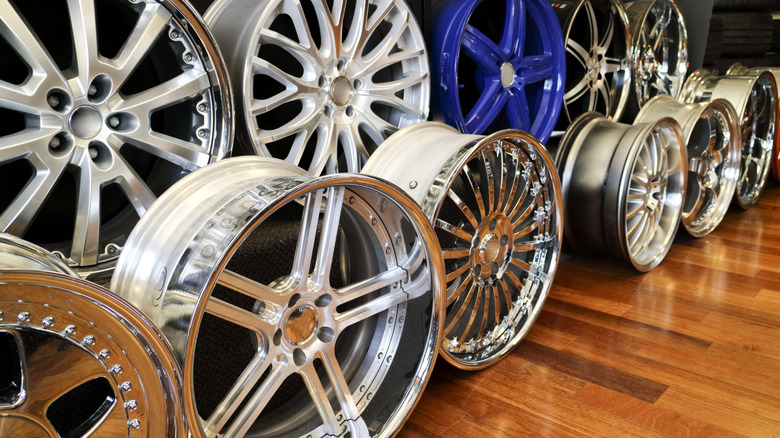
Is it okay to customize a car you're still making payments on? The quick answer is yes, but you'll want to be sure you understand the full implications before making any changes. Let's first get into the nitty-gritty of car loans, which will explain why lenders may care about any modifications. While your name may go on the vehicle's title when you finance the car, the bank or credit union holds a lien until the loan is paid off. This gives the lender a financial interest in what your vehicle is worth. Making modifications can waste your money and reduce the car's value, which can impact you later under certain conditions.
So, while you technically own a financed car, it's also the lender's collateral. If you stop making payments, the bank will want to recoup its losses. If your repossessed car is worth less after the modifications, you're on the hook for more money. From my experience selling at a dealership and years of buying too many cars (I do read the fine print), I never came across a loan agreement that specifically banned vehicle modifications. Nonetheless, that doesn't mean there isn't a contract out there with this stipulation. Check your loan document to be certain before proceeding with any custom work.
If you're car shopping and ready to sign a loan, review the agreement terms beforehand. If there is a restriction on modifications and you want flexibility down the road, ask the dealer to work with another lender or bring your own financing.
 Tartezy/Shutterstock
Tartezy/Shutterstock
Even if your lender doesn't prohibit modifications and you're not worried about defaulting on the car loan, these changes can cost you in unexpected ways. A vehicle's resale value is determined by what someone else would pay for it, such as at an auction or as a trade-in. Adding things like custom paint, a modified suspension, or a reworked exhaust system may be appealing to you, but they won't be to mainstream buyers. That translates into a financial hit when you sell your car. The same applies in the event of a repossession, as a modified car will usually fetch less than its non-modified counterpart.
The typical Retail Installment Contract you're likely to encounter at a dealership will have requirements that cover maintaining insurance and keeping the car in good working condition. Less common is a prohibition on modifications. If such a stipulation exists, it may be masked in more general terms about not altering or damaging the vehicle.
It's worth mentioning that modifying a leased vehicle is a definite no-no. The leasing company wants its car back unadulterated to maximize its value at the end of the term.
 Johnrob/Getty Images
Johnrob/Getty Images
If you still want to personalize your vehicle but preserve its value, focus on the best bang-for-your-buck modifications that are easily reversed. New wheels and tires aren't cheap, but they can add a custom touch and help with handling if you don't go too far beyond factory specs. Beyond that, swapping back to the stock four-corner setup at trade-in time won't be an ordeal. Other changes that don't go too far afield include window tints and car wraps. If your focus is on a more unique interior, then seat covers, floor mats, and non-permanent steering wheel wraps may satisfy your need to be different without radically altering the cabin.
Be aware that some states have strict laws about vehicle modifications. This means that changes to the emissions system, updates that create excessive noise, and custom touches that impact driver visibility could result in fines or jail time. In addition to checking the loan agreement, verify what's legal in your jurisdiction before beginning any modification project. If you do proceed, keep the removed factory parts for later reinstallation. For less visible changes, like engine tunes, create a log so you'll remember which adjustments need to be reversed or removed before you sell the car.














